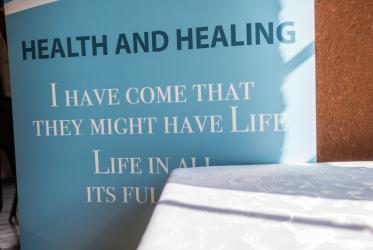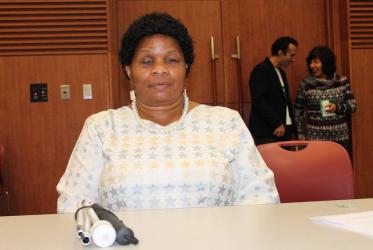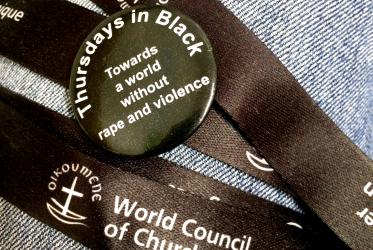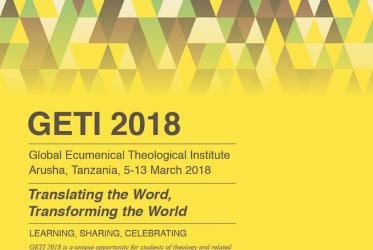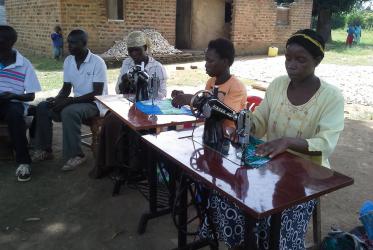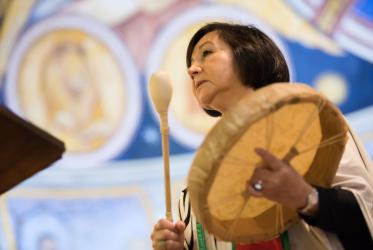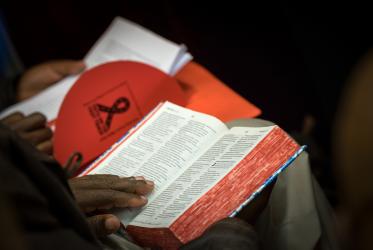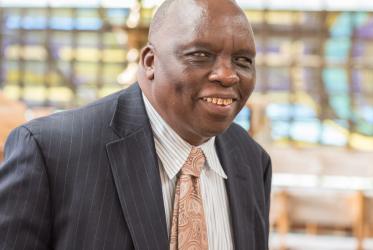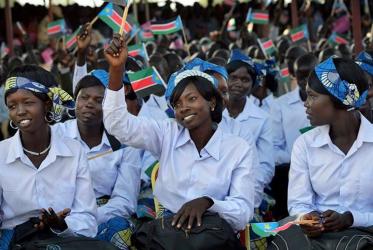Displaying 121 - 140 of 177
Youth engagement fundamental to HIV response
18 April 2017
An interview with the Ethiopian Patriarch, Abune Matthias
14 February 2017
Faith groups march for climate justice
15 November 2016
Advocates urge transition to low-carbon economy, clean energy
09 November 2016
Bible study gives hope as youth reflect on HIV
02 November 2016
Sam Kabue: from the village to the world with eyes wide open
27 October 2016
Zambia: “On HIV, we do not compete. We work together.”
20 October 2016
Kenya: Voice of faith communities crucial in overcoming HIV
14 October 2016
Honest talk blossoms between youth, theologians in Cote d’Ivoire
14 September 2016
Peacebuilding from below: The role of local civil society in South Sudan
28 September 2016
Geneva, Maison de la Paix (Auditorium Ivan Pictet B)



